
Filter News
Area of Research
News Type
News Topics
- (-) Fossil Energy (2)
- (-) Mercury (3)
- 3-D Printing/Advanced Manufacturing (35)
- Advanced Reactors (10)
- Artificial Intelligence (38)
- Big Data (17)
- Bioenergy (31)
- Biology (29)
- Biomedical (12)
- Biotechnology (7)
- Buildings (14)
- Chemical Sciences (24)
- Clean Water (10)
- Climate Change (31)
- Composites (8)
- Computer Science (58)
- Coronavirus (4)
- Critical Materials (6)
- Cybersecurity (14)
- Decarbonization (30)
- Education (3)
- Emergency (1)
- Energy Storage (29)
- Environment (62)
- Exascale Computing (17)
- Frontier (21)
- Fusion (14)
- Grid (21)
- High-Performance Computing (33)
- Hydropower (3)
- Irradiation (2)
- Isotopes (12)
- Machine Learning (20)
- Materials (59)
- Materials Science (36)
- Mathematics (2)
- Microelectronics (2)
- Microscopy (12)
- Molten Salt (2)
- Nanotechnology (13)
- National Security (21)
- Net Zero (5)
- Neutron Science (50)
- Nuclear Energy (38)
- Partnerships (24)
- Physics (20)
- Polymers (6)
- Quantum Computing (12)
- Quantum Science (19)
- Renewable Energy (2)
- Security (5)
- Simulation (29)
- Software (1)
- Space Exploration (8)
- Summit (18)
- Sustainable Energy (25)
- Transportation (30)
Media Contacts
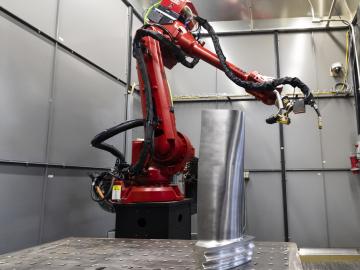
Researchers at ORNL became the first to 3D-print large rotating steam turbine blades for generating energy in power plants.
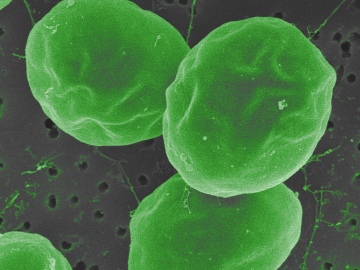
In the search for ways to fight methylmercury in global waterways, scientists at Oak Ridge National Laboratory discovered that some forms of phytoplankton are good at degrading the potent neurotoxin.
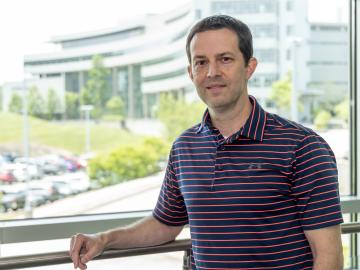
When reading the novel Jurassic Park as a teenager, Jerry Parks found the passages about gene sequencing and supercomputers fascinating, but never imagined he might someday pursue such futuristic-sounding science.
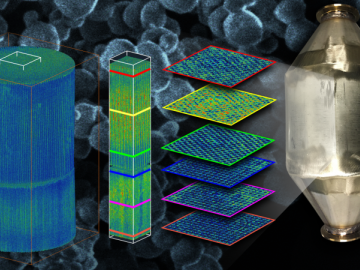
Natural gas furnaces not only heat your home, they also produce a lot of pollution. Even modern high-efficiency condensing furnaces produce significant amounts of corrosive acidic condensation and unhealthy levels of nitrogen oxides
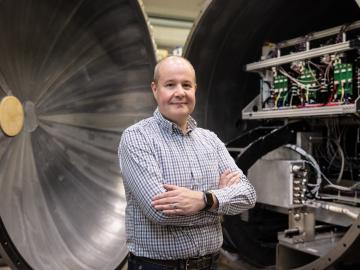
Sometimes solutions to the biggest problems can be found in the smallest details. The work of biochemist Alex Johs at Oak Ridge National Laboratory bears this out, as he focuses on understanding protein structures and molecular interactions to resolve complex global problems like the spread of mercury pollution in waterways and the food supply.


